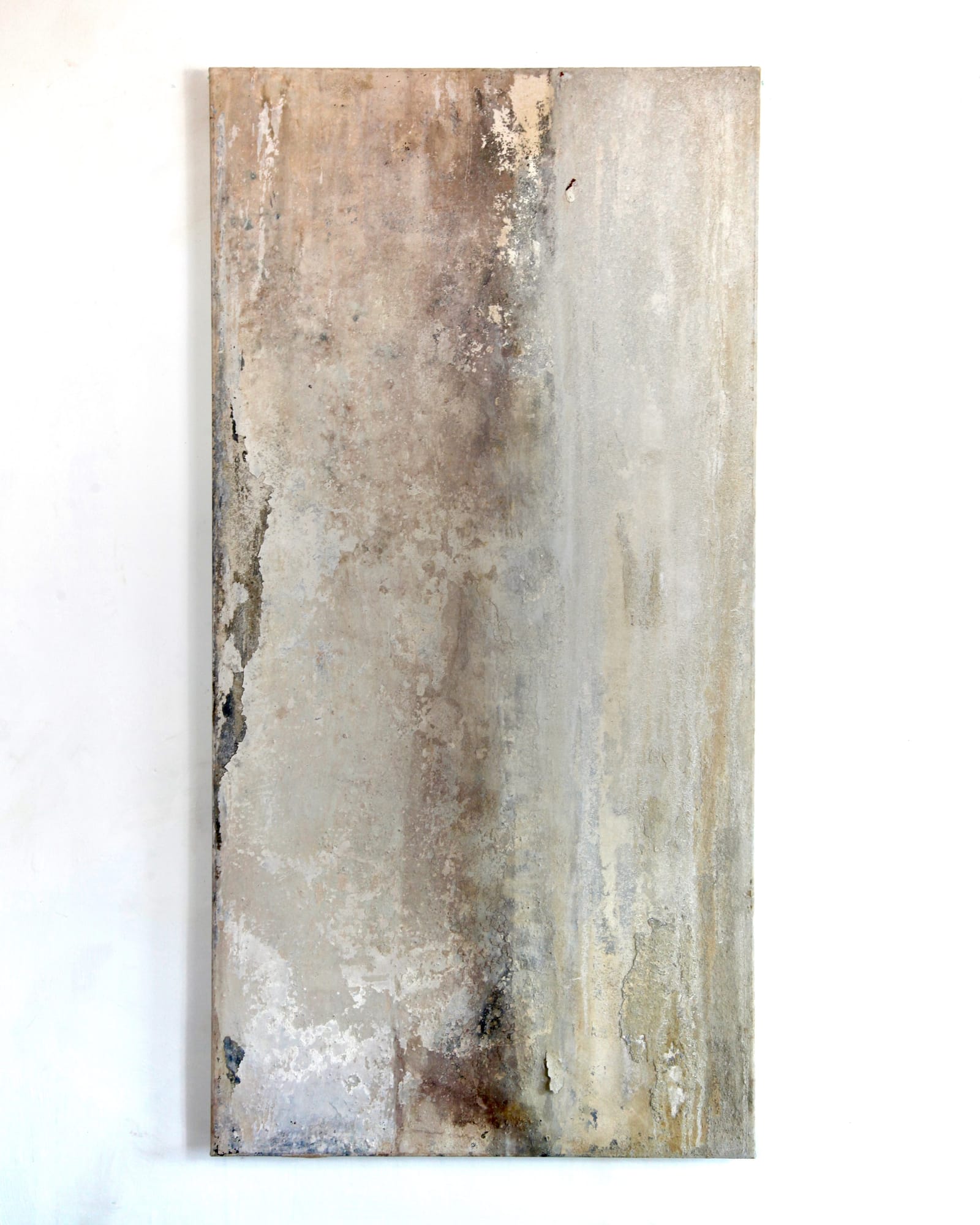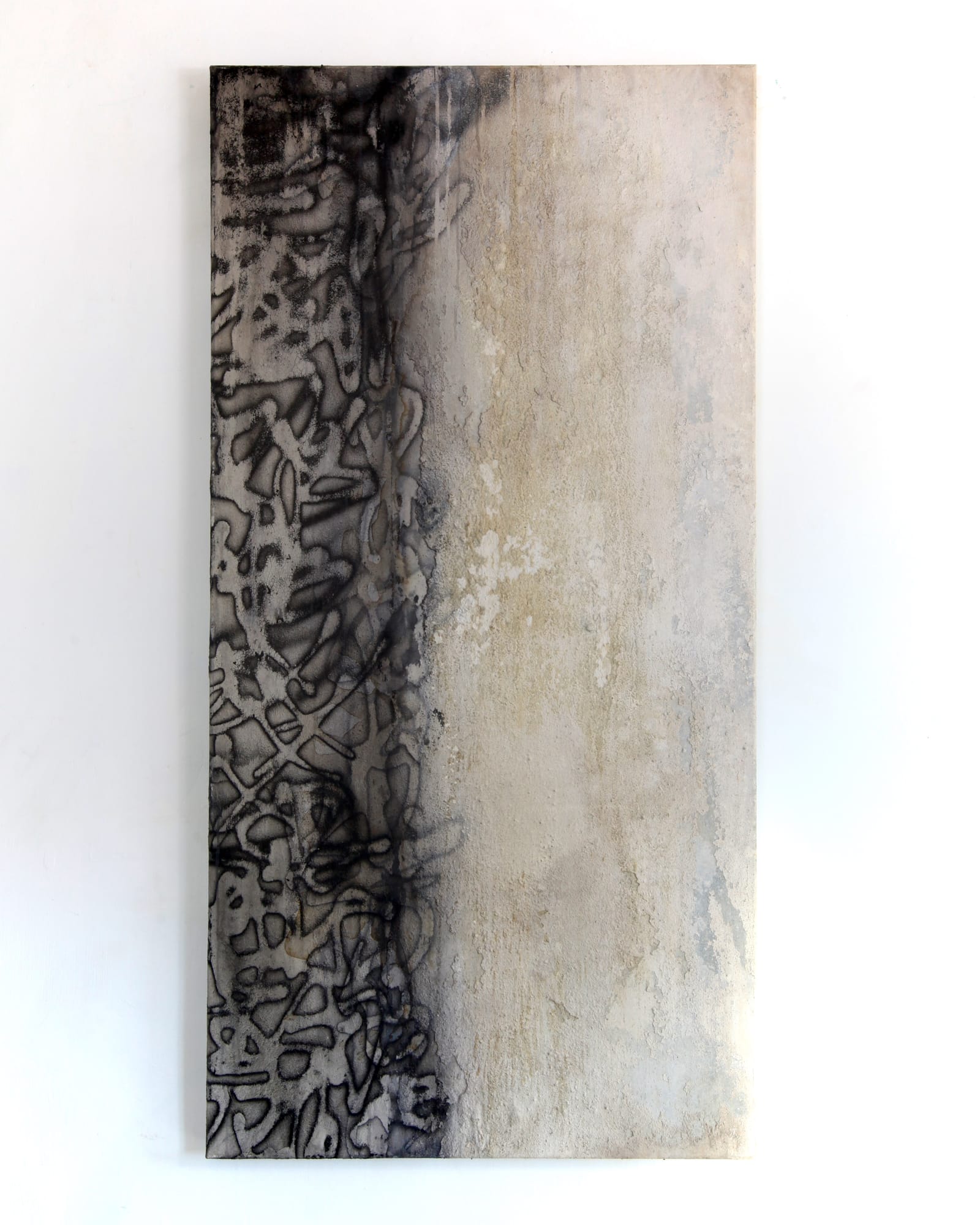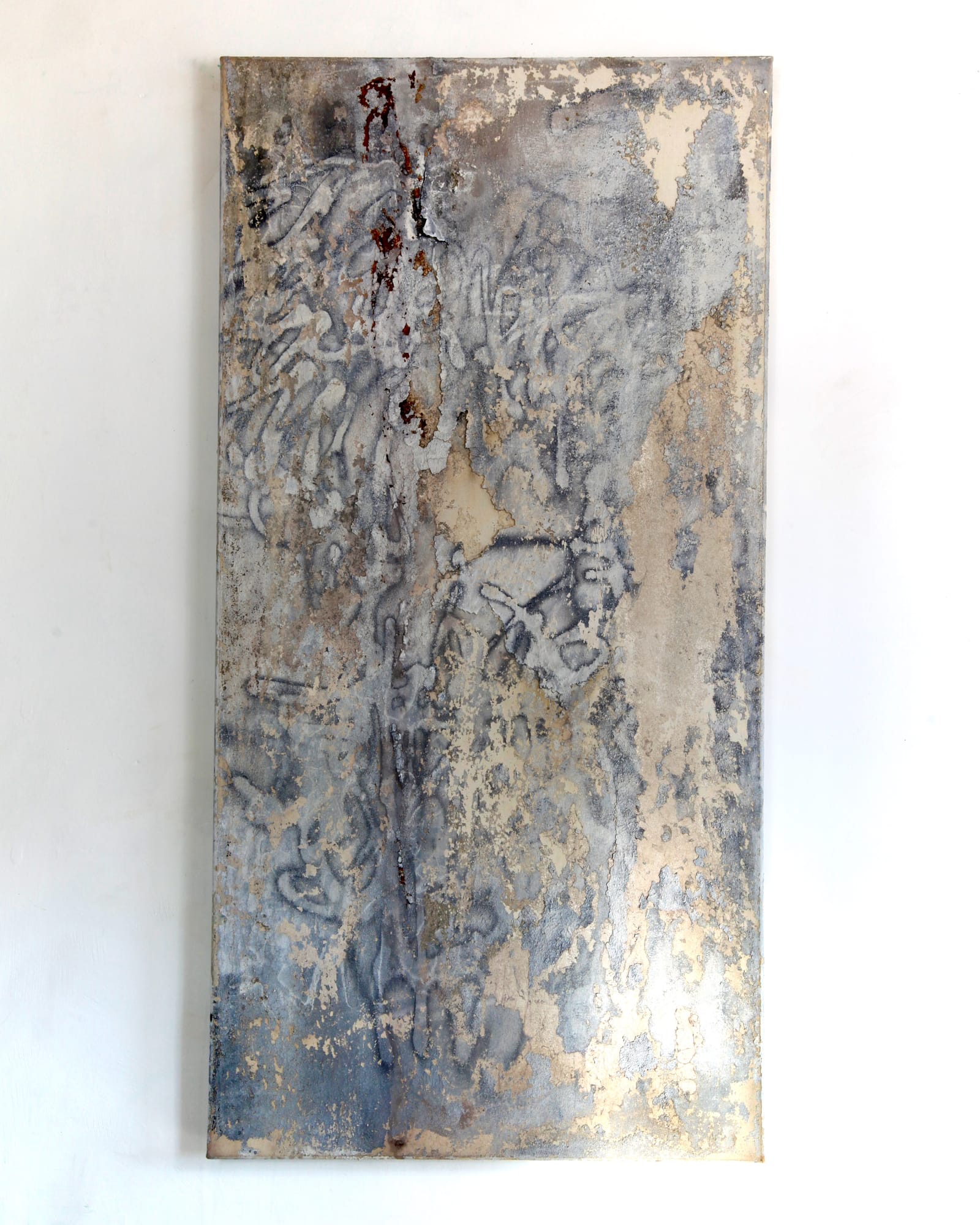In the aftermath of the financial crisis back in the 00s, we heard from Washington that the USA was millimeters from hitting the debt ceiling and thus in practice was close to going into default. All the accounts were drawn to the limit and soon it would no longer be possible to pay the employees salaries or meet the current expenses.
What to do?
At one point a startling and quite funny idea popped up in the blogosphere asking why the government didn't just mint a one trillion dollar platinum coin? Meaning that if the state is short of money, why in heaven's name doesn't it just make some? How hard can it be?
In principle, Obama could have just asked his finance ministry to mint some kind of platinum magic coin, which the finance minister could have taken over to the central bank and deposited into the government's account. Et voilá: Problem solved!
Yes?—you ask yourself, thinking it's a joke. Who on earth would accept (or be able to pay returns on) a coin of that size? The billion-dollar coin never got further than the concept stage either, as Congress of course chose to raise the debt ceiling at the last second, thus exposing the obstruction as pure political harassment, aimed at the president.
In concrete terms, however, a loophole in the federal, US legislation means that it is possible for the Ministry of Finance to mint coins of any amount—even without creating a corresponding liability. The only legal requirement is that the coins in question must be made of platinum.
In principle, Obama could have just asked his finance ministry to mint some kind of platinum magic coin, which the finance minister could have taken over to the central bank and deposited into the government's account. Et voilá: Problem solved!
Just because it is a sweet hack. #mintthecoin
— Alex Halavais 👺 (@halavais) January 5, 2013
A hack so simple you can hardly believe it.
The thought is inciting and it is obvious to play with the idea of transferring the experiment to our own little duck pond, where we have actually, by the grace of fate, managed to preserve both our healthy skepticism and not least a sovereign Danish krone.
In our household we cannot spend more money than we already have, or are able to borrow from the bank. That goes without saying.
But for a sovereign state it's a different game.
Rather than the household model, classical bookkeeping with assets and liabilities is a far better tool for understanding government finances.
If there is a deficit in the state budget, more money is pumped into the economy than is correspondingly collected in taxes and fees. The deficit in question, however, is not just a collective debt: the liability in the public sector will always be matched by an asset in the private sector, because the deficit on the state's finances is in practice real purchasing power that is added to the economy as such. A deficit in the public sector is a surplus in the private sector.
Continuous surpluses on the state budgets will thus also encourage a general increase in private indebtedness. The necessary money has to come from somewhere.
In the nature of the matter, the opposite also applies when there is a surplus on the state's finances: an asset on the state's bottom line must necessarily entail a corresponding liability in the private sector, where the state effectively removes purchasing power from companies and private households. Continuous surpluses on the state budgets will thus also encourage a general increase in private indebtedness. The necessary money has to come from somewhere.
It is not unlikely that the widespread, erroneous view of the state's economy is rooted in the fact that none of us ordinary people can use money we do not already have, or have borrowed.
The same applies to every organization and business.
For a sovereign, currency-issuing state, however, it is neither necessary to collect taxes or fees, or for that matter take out loans before the suppliers can be paid or the salaries of the public servants can be paid.
On the contrary, it is necessary for the state—either directly, via a central bank, or via the private, commercial banks—to ensure that there is enough of its currency in circulation for both citizens, organizations and companies to meet the statutory taxes and duties.
The critics will object that debt is debt and that any deficit on the state's finances is just a burden we push in front of us.
The truth is, however, that to the extent that we have a state currency in circulation at all, there exists a quantity of receivables that the state is a guarantor for redeeming (as a settlement for taxes and fees). The account money created by the private banks by revaluation of liabilities and assets is fully as valid as old-fashioned cash money. We push the burden in front of us no matter what.
Again, it is worth mentioning that the alternative to the state spending money into the economy is for the private, commercial banks to lend money into the economy.
It is, for example, completely grotesque that in these years we are saving on the public hospital budgets, but each one mortgages our net worth and takes out private health insurance; an exercise that only benefits the banks and insurance companies and in the end does not reduce society's total debt (and therefore not the state's obligations in the slightest). Rather the contrary.
State money creation is not carte blanche for the politicians who will try to outbid each other in generosity and grandiose prestige projects at lightning speed. But instead of staring blindly at the numbers, and cutting core welfare based on narrow, misunderstood budgetary considerations, we should adjust the state's operations and facilities in relation to the physical resources and the workforce available at any given time.
To those who want to object that we cannot maintain a well-functioning welfare society if we cannot balance our budgets and make it sufficiently attractive to invest, I would just say that—yes!—of course we can. Fundamentally, the framework of modern monetary theory opens up a far more constructive and nuanced perspective on public expenditure management.
There are actually opportunities to organize our society differently, and in a far more positive spirit than we have otherwise allowed ourselves to be dictated by the neoliberal model. An economy of fair distribution rather than some sort of pre-programmed one-armed bandit.
Rather than the budgets and calculations the professional economists continue to nitpick and try to balance, why not just go the other way and say: Whatever the cost is, we want these public services, and we need these warm hands and then simply write a check or mint a coin and drop it into the account?








